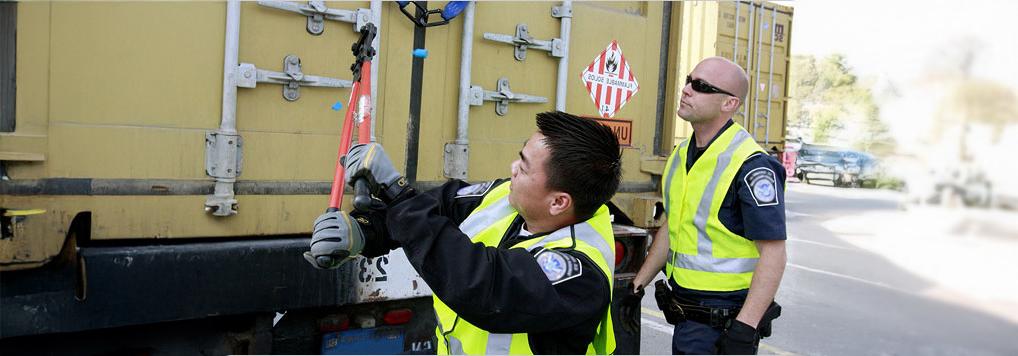
The Department of Homeland Security (DHS) plays a critical role in safeguarding the United States from diverse security threats. Established in response to the events of 9/11, DHS was created to coordinate federal agencies with overlapping responsibilities into a single, cohesive department. Today, DHS is dedicated to counterterrorism, border protection, cybersecurity, immigration enforcement, and disaster response. DHS works closely with federal, state, and local agencies, combining resources and strategies to enhance the nation’s security.
Homeland Security Bachelor’s Degree
For those interested in careers that align with homeland security efforts, a bachelor’s degree in Homeland Security offers foundational knowledge that can be beneficial in various roles across security-related fields. Through case studies, simulations, and expert instruction, students develop analytical and strategic skills that can be valuable when addressing national security challenges.
Homeland Security Training
Beyond formal education, specialized training is essential for individuals working within DHS. Each division tailors its training to fit specific responsibilities, ensuring personnel can respond effectively to a range of evolving threats. For example, the Federal Emergency Management Agency (FEMA) conducts disaster response simulations, while the Transportation Security Administration (TSA) trains agents in threat detection and security screening. DHS training also extends to cyber defense, equipping personnel to tackle complex digital threats. This ongoing, specialized training is key to maintaining readiness in an ever-evolving security environment.
What Does the Dept of Homeland Security Do?
The Department of Homeland Security is structured to address a broad range of challenges, including counterterrorism, immigration enforcement, border security, cybersecurity, and disaster response. Each division within DHS is responsible for specific areas that contribute to the overall mission of protecting the country. For instance, U.S. Customs and Border Protection (CBP) ensures that people and goods entering the country comply with U.S. laws and regulations, while Immigration and Customs Enforcement (ICE) enforces immigration laws and combats human trafficking and smuggling. The Cybersecurity and Infrastructure Security Agency (CISA) focuses on protecting federal networks and securing critical infrastructure, collaborating with private industry to mitigate cyber risks.
Homeland Security Investigations
A major division within DHS is Homeland Security Investigations (HSI), which addresses criminal activities that impact national security and public safety. As part of ICE, HSI investigates a range of crimes, including human trafficking, narcotics smuggling, financial crimes, and cyber threats. HSI collaborates with domestic and international law enforcement agencies to disrupt criminal networks and protect vulnerable populations. Through its investigative work, HSI plays a key role in advancing public safety and reinforcing homeland security.
Disaster Response and Recovery
The Department of Homeland Security, primarily through FEMA, is integral to disaster response and recovery. In times of natural disasters, such as hurricanes, wildfires, or earthquakes, FEMA coordinates with state and local governments to mobilize resources, distribute aid, and provide emergency shelter. FEMA also assists with long-term recovery efforts, helping communities rebuild and funding infrastructure resilience projects. Preparedness is also a critical focus; FEMA conducts training and outreach programs to help individuals, businesses, and communities plan for potential emergencies.
Cybersecurity and Infrastructure Protection
In today’s digital age, DHS has placed an increased emphasis on cybersecurity through its Cybersecurity and Infrastructure Security Agency (CISA). CISA’s mission is to protect government networks from cyber threats, including data breaches and ransomware. In collaboration with private sector partners, CISA works to secure essential infrastructure, such as water systems, healthcare facilities, and transportation networks. By sharing information, detecting threats, and coordinating rapid responses, CISA works to reduce cyber risks that could impact the daily lives of U.S. residents and disrupt critical services.
The Importance of Homeland Security
DHS is a vital part of the United States’ approach to ensuring public safety and security. Understanding what DHS does offers insight into its extensive responsibilities, from safeguarding physical borders and digital infrastructure to preparing communities for natural disasters. Each division within DHS plays a specific role in supporting the department’s overall mission of protecting the United States. This multi-faceted approach allows DHS to respond to crises efficiently and adapt to emerging threats, while also proactively working to prevent potential future risks.
To learn more about 十大正规平台 University’s Homeland Security program, click here.

